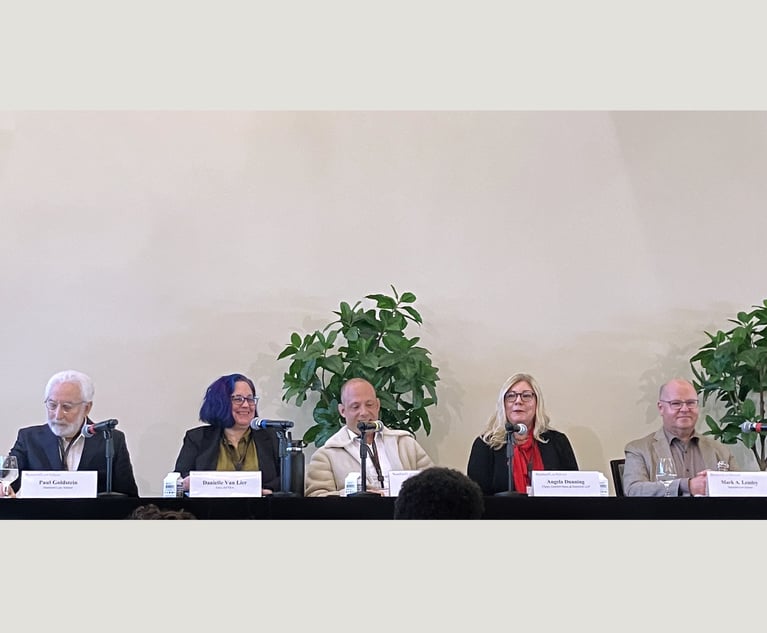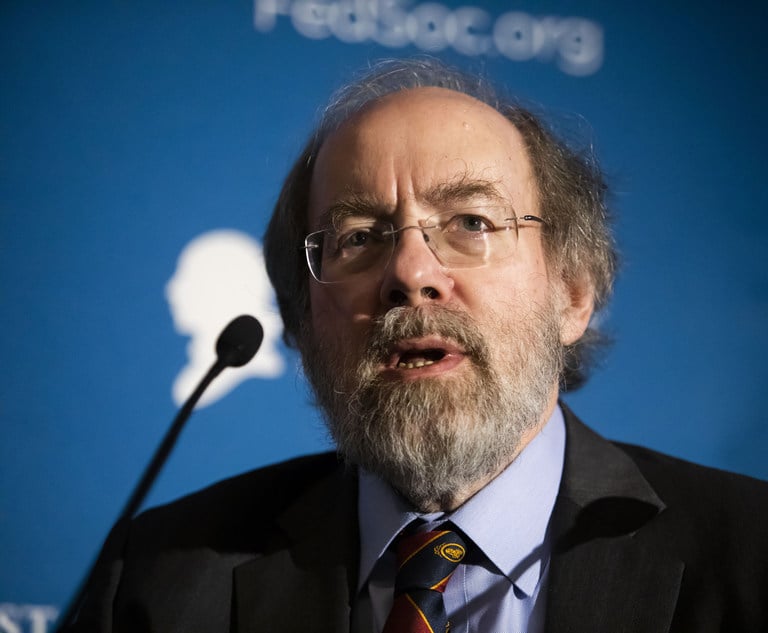Wednesday’s hearing before the U.S. Supreme Court on Big Tech’s potential liability for hosting terrorist content focused more on civil code rather than sweeping changes to a company’s responsibility for removing controversial content.
In Twitter v. Taamneh, the U.S. Court of Appeals for the Ninth Circuit found that Twitter and other social media companies met the requirements for aiding and abetting after the complaint alleged the companies failed to “take meaningful steps” to remove offending content that helped terrorists increase their numbers. But the high court appeared more skeptical of the claims and, skipping broader questions of platform liability, focused more on the test for civil aiding and abetting claims established under Halberstam v. Welch.

 Credit: Bloomicon/Shutterstock.com
Credit: Bloomicon/Shutterstock.com








